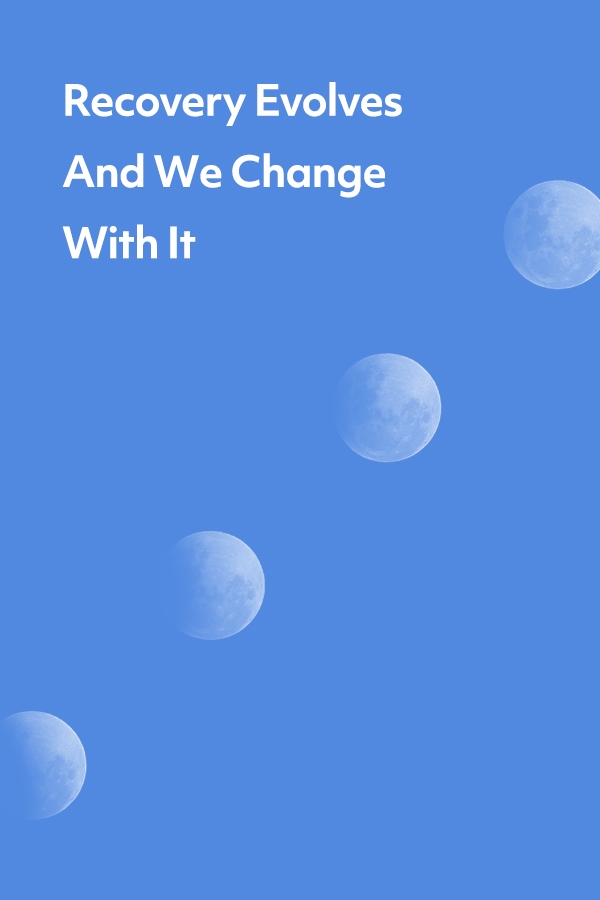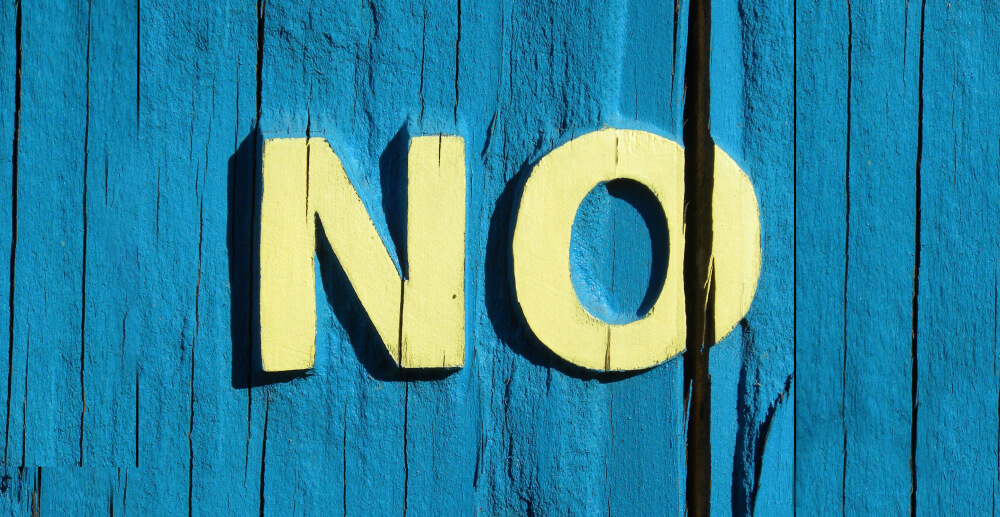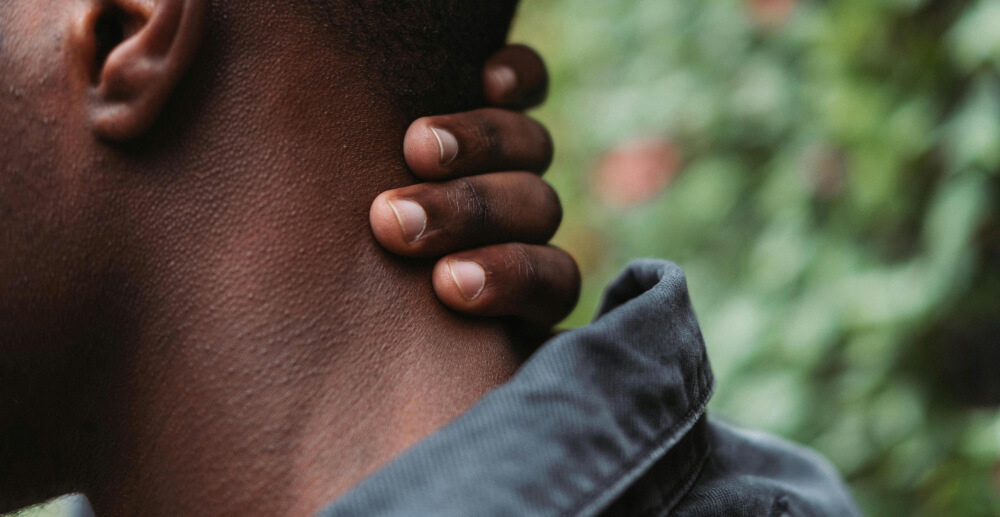Many people in recovery fear change, But it’s a vital and unavoidable part of living in recovery.
Many people in recovery fear change. Along with the natural, human dislike of uncertainty, we’re also often taught that change could be a sign of returning to use (relapse). I’ve never agreed with this philosophy, but that doesn’t mean I didn’t experience fear around change.
I recall times in early recovery where I was desperate to try something new, to ease up on the meetings and step work, and to have some time for myself. Yet I was discouraged from doing this, mostly out of fear. In hindsight, I have a totally different perspective on change today and I positively embrace it.
Recovery in the early days
My recovery was rigid in the early stages. I went to endless meetings, did step work, took on multiple service positions, and limited myself to a basic job. Looking back, I understand why many people in early recovery need to keep things simple, but it didn’t work for me. I did get and stay sober. However, I don’t attribute my recovery to the rigidity of the program. Rather, I credit my long-term recovery to the fluidity of my recovery, which my instincts cried out for.
What I mean by the fluidity of my recovery is that I perceive the process of recovery as a constant evolution. There are a lot of metaphors for this process in recovery circles. You may have heard phrases describing it as “peeling back the onion” or “watching a flower bloom.” Each of those metaphors implies a process of change. A metamorphosis, if you will. The thing about recovery is, at least from my perspective, that our needs change as we evolve over time.
Why recovery is an evolutionary process
Many respected recovery organizations reflect that recovery is a process of dynamic and ongoing evolution.
“Recovery is an individualized, intentional, dynamic, and relational process involving sustained efforts to improve wellness.” The Recovery Science Research Collaborative
“Recovery is a process of change through which individuals improve their health and wellness, live self-directed lives, and strive to reach their full potential.” The Substance Abuse and Mental Health Services Administration (SAMHSA)
SAMHSA goes on to say that recovery is not an end state. It is a process involving continued efforts in four main dimensions:
- Health: Making healthy choices to support physical and emotional well-being, as well as developing the resiliency to overcome challenges
- Home: Providing a safe, stable, and secure environment to live
- Purpose: Engaging in meaningful activities in work, play, creative, and volunteer capacities
- Community: Creating and maintaining relationships and social networks that are supportive and loving both in friendships and other familial and romantic relationships.
Looking at these four dimensions in my own life, I can recognize the tremendous growth and progress I’ve made in these areas. I exercise regularly, meditate, have therapy, eat well, and have overcome many challenges in my recovery. I’ve also created a stable home environment that has improved as I progress through recovery. (I even moved by home to a different continent!)
Purpose is perhaps the most enjoyable and meaningful aspect of my process of evolution. I recall my experiences in early recovery, when I felt stuck in a job I hated and believed I had no choice but to spend all my evenings in church basements. I may have been sober, but I was miserable. I changed that by evolving: I created a blog, started writing for publications, moved to the US to pursue a writing career, and eventually started graduate school, pursuing a degree in a field that fascinated me (social work). Today I get to live a sense of purpose every single day in my work, home life, and in my volunteer work running community groups.
Through my supportive recovery communities, I have developed lasting relationships and loving bonds with many people. I have found love and turned away a lot of relationships not right for me. I’m even getting married next month!
As stated by SAMHSA, there is no endpoint in sight for my recovery, even as I approach my tenth year without drugs and alcohol. I don’t see this part of my life as the final frontier, rather I’m excited about what is yet to come! Who knows how my recovery and my life will evolve next!









